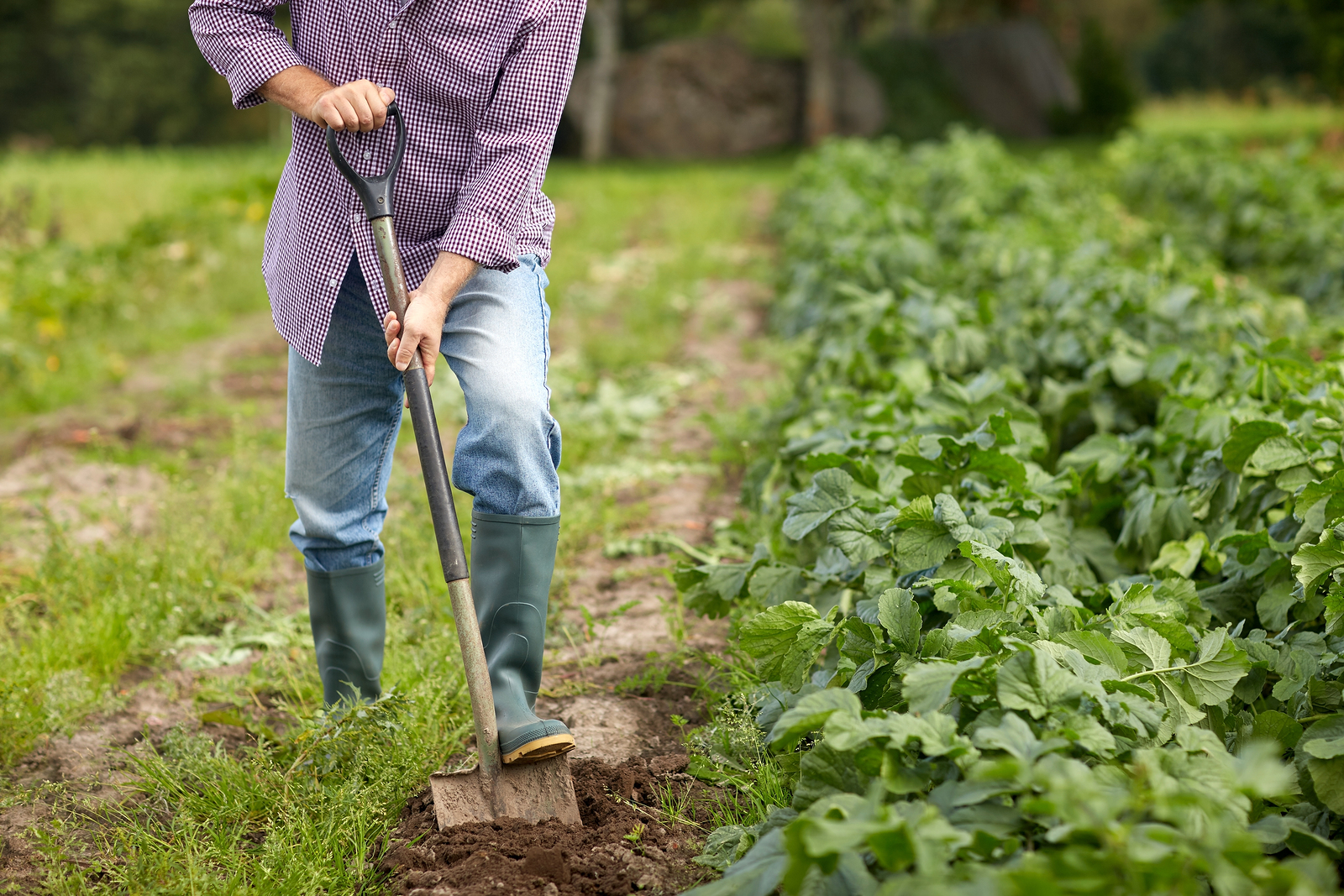
Starting a garden as a beginner can be an exciting and rewarding experience. Begin by choosing a location that receives adequate sunlight and has well-draining soil. Select easy-to-grow plants that are suitable for your climate and soil conditions. Regular watering, proper fertilization, and consistent care will help your garden thrive.
Essential gardening tools include a trowel, gloves, pruning shears, a watering can or hose, and a rake. These tools will help you with planting, maintaining, and caring for your garden. Investing in high-quality tools will make your gardening experience more enjoyable and efficient.
Attracting pollinators to your garden is beneficial for both your plants and the environment. Plant a variety of native flowers that bloom at different times of the year to provide a consistent source of nectar. Avoid using pesticides and provide a water source, such as a birdbath or shallow dish, for pollinators to drink from.
Companion planting is the practice of growing different plants together for mutual benefit. Certain plants can enhance each other's growth, improve soil health, and deter pests when planted together. For example, planting marigolds with tomatoes can help repel nematodes, while planting basil with tomatoes can improve their flavor.
Dealing with common garden pests can be challenging, but there are several strategies you can employ. Regularly inspect your plants for signs of pests and address any issues promptly. Use natural and organic pest control methods, such as insecticidal soaps, neem oil, and beneficial insects, to manage pests without harming the environment.